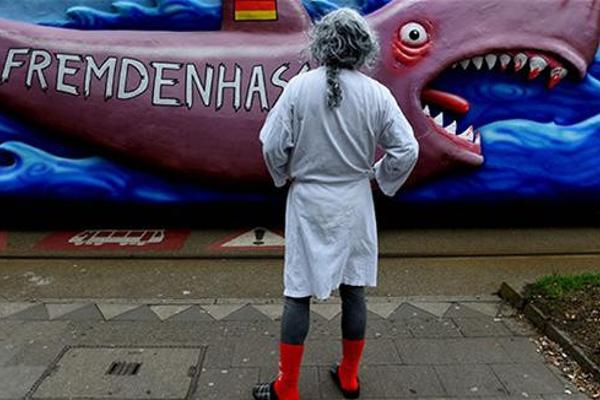Between nationalism and globalization
PROF. DR ZAHARI ZAHARIEV President of the Slaviani Foundation, Bulgaria


The most important aspect, however, which delimitates by “light years” today’s Brussels elites from the original idea, is that the prototype of the European Union was conceived by conservative nationalists like De Gaulle, Adenauer and De Gasperi, having behind their backs the tragedies of two world wars, who planned it as a union of sovereign states that have a common understanding on the key issues for the development of the “Old continent”, but without losing the legitimacy to decide at national level all the issues that affect both their sovereignty and specificity of national interests.
They and their descendants until the end of the 80s never imagined the future as a movement in the direction of United States of Europe. On the contrary, taking into account the centuries’ old, proven ethno-cultural, linguistic, religious, political differences, they have always displayed to the forefront in their integration policy the issues of geopolitics and harmonization of national interests in the name of pan-European unity. One of the main problems, facing Europe today in understanding its new identity, especially in determining the boundaries of the integration process, is the future of the nation state. Social development literally daily refutes the loudly proclaimed suggestions for a gradual withering away of national identity as a major factor in the formation of various models of the future. Past experience has shown convincingly that in the relation “national - international”, leading is the “national.” Any attempt to treat it from the perspective of whatsoever ideological coloration of its “internationalism” is fraught with great dangers. Even using the whole arsenal of means of influence of the totalitarian state can only delay, but not prevent the destructive “recoil” of the national element against any effort of “etnogenetic engineering.”
In this context should be treated the theory of globalization that is breaking down national-state boundaries. Of course, there is no reasonable argument capable of contesting the “ shortening of distances “ between countries and nations in the modern world. Nor the related dynamics of ethnocultural dialogue between different civilization circles. All this is of a completely objective character. But that does not mean an affirmative trend towards unification of values and traditions, and even less the possibility of imposing a single model of development, even if it is subjected to the most democratic norms of coexistence and functioning of the economic and political system within a society. The modern nation-state find it increasingly difficult to manage to defend its economic functions of a consciously built and voluntarily maintained home of its people, guaranteeing both external security and the right to a lifestyle and spiritual development in line with ethno-cultural and political traditions, marked by permanent interests and prosperity.
A negative impact in this regard has the current integration policy of the EU. The artificial forcing of its pace and the block centralization, contradicting the objective course of development, strengthen the anonymous nature of power, distance the individual from real civil rights and limit his ability to react to management decisions, swooping down from above. The unbalanced delegation of power from the nation state to the European bureaucracy, which very often is in service to themselves and to global geopolitical interests, not only renders meaningless the traditional fundamentals of the state but also, purely psychologically, erodes people’s confidence in them. This gives impetus to an extremely dangerous process - losing faith in the functional capabilities of the state.
